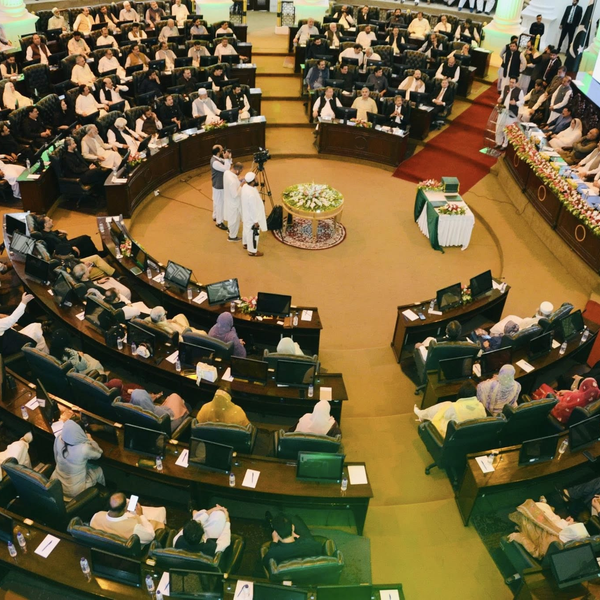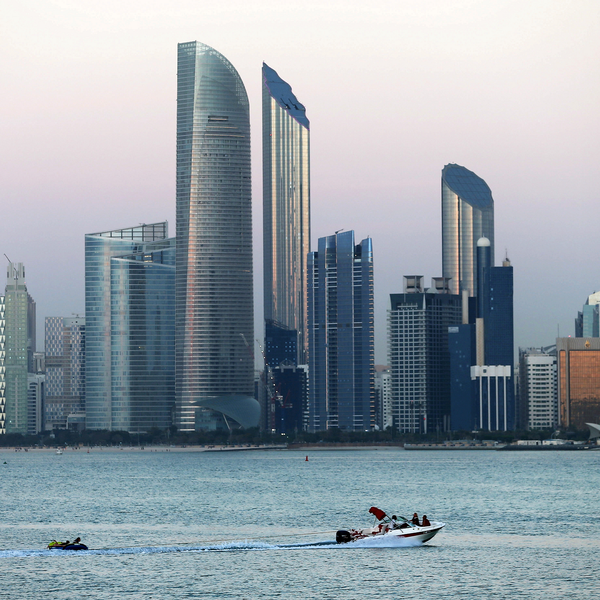Pakistan to implement agricultural income tax by July 2025
The agricultural income tax rates will align with the personal income tax

Shahzad Raza
Correspondent
Shahzad; a journalist with 12+ years of experience, working in Multi Media. Worked in Field, covered Big Legal Constitutional and Political Events in Pakistan since 2012. Graduate of Islamic University Islamabad.

Pakistan has pledged to the International Monetary Fund (IMF) that it will begin collecting agricultural income tax starting in July 2025.
According to a recent IMF report, this commitment is part of broader measures targeting historically challenging areas, such as incorporating retailers into the tax net, reducing Personal Income Tax (PIT) slabs, expanding Federal Excise Duty (FED) coverage, enhancing rates, and eliminating several tax concessions and exemptions.
The agricultural income tax rates will align with the Personal Income Tax (PIT) during the 37-month program period.
All four provinces have agreed to amend their Agricultural Income Tax (AIT) regimes to match federal personal and corporate income tax standards by the end of October 2024.
This new tax regime will commence on January 1, 2025, with the collection for the second half of FY25 agricultural income starting in July 2025.
To ensure a smooth implementation, the Federal Board of Revenue (FBR) will provide necessary technical assistance to the provinces.
This alignment aims to increase tax system fairness by taxing agricultural income similarly to other income categories.
Additionally, the provinces will transition the services General Sales Tax (GST) from a positive list to a negative list approach starting FY26 to combat tax evasion.
This strategic shift aims to enhance transparency and reduce loopholes by ensuring that all items not explicitly exempted are taxed.
Pakistan has also committed to restructuring the Urban Immovable Property Tax in consultation with the IMF. Furthermore, in the FY26 budget, the government will introduce a 5 percent increase in FED on fertilizer, a 5 percent FED rate on pesticide, and eliminate income tax exemptions on livestock activities.
The IMF report notes that the government aims to generate PKR 250 billion in revenue by including retailers in the tax net through the Tajir Doost scheme.
The FY25 budget targets a tax-to-GDP increase of 2 percentage points, reaching 12.3 percent, with a further rise to 13.4 percent by the end of the program.










Comments
See what people are discussing